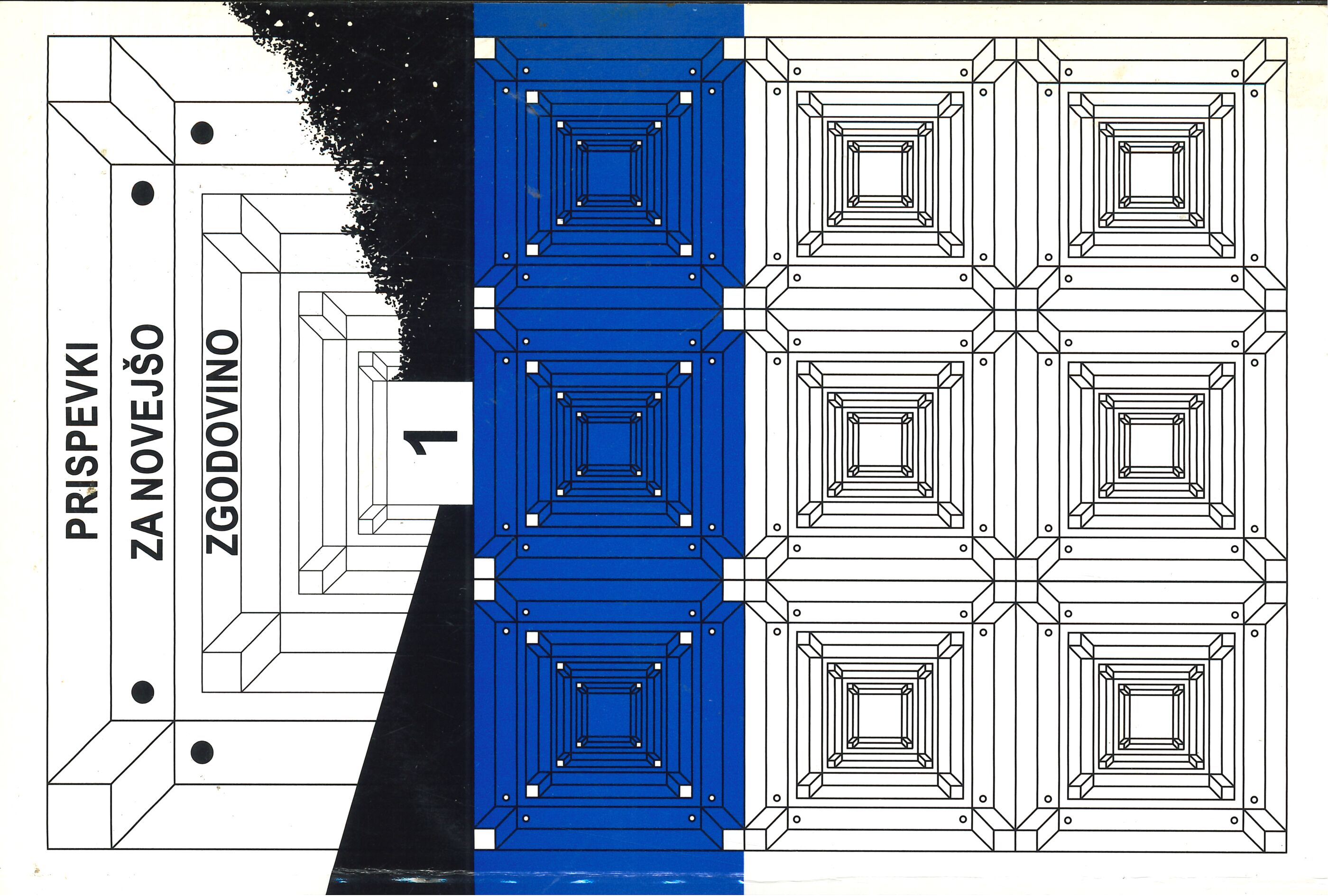Political Activities of Ivan Dečko until the Beginning of the 1890s
Keywords:
Ivan Dečko, Maribor, Celje, Austro-Hungary, StyriaAbstract
The author analyses the journalistic and political work of the lawyer (attorney) and politician Ivan Dečko (1859–1908) since his studies in Graz (1879) until the establishment of his own law firm in Celje (1891). Already as a student he demonstrated his political talent when he started publishing critical articles in the Slovenian newspapers in the beginning of the 1880s. When he started working in Maribor in 1883, he immediately joined the Slovenian political elite there. In 1885 he moved to Celje, got a job in Josip Sernec's law firm, and visibly accelerated the Slovenian »breakthrough« in the city by the river Savinja. With thoughtful tactics he also appeared at the level of the Provincial Assembly, when he became the member of the Styrian Provincial Assembly in 1890. In 1891 he opened his own law firm. With his appeals to various appeal bodies he caused enough disturbance to make the Germans close their ranks. Under his influence the clever Slovenian politics in the beginning of the 1890s won over the rural areas completely, restricting the Lower Styrian Germans to the cities and certain towns.
Downloads
Published
Issue
Section
License
Authors who publish with this journal agree to the following terms:
- Authors retain copyright and grant the journal right of first publication with the work simultaneously licensed under a Creative Commons Attribution License that allows others to share the work with an acknowledgement of the work's authorship and initial publication in this journal.
- Authors are able to enter into separate, additional contractual arrangements for the non-exclusive distribution of the journal's published version of the work (e.g., post it to an institutional repository or publish it in a book), with an acknowledgement of its initial publication in this journal.
- Authors are permitted and encouraged to post their work online (e.g., in institutional repositories or on their website) prior to and during the submission process, as it can lead to productive exchanges, as well as earlier and greater citation of published work (See The Effect of Open Access).


